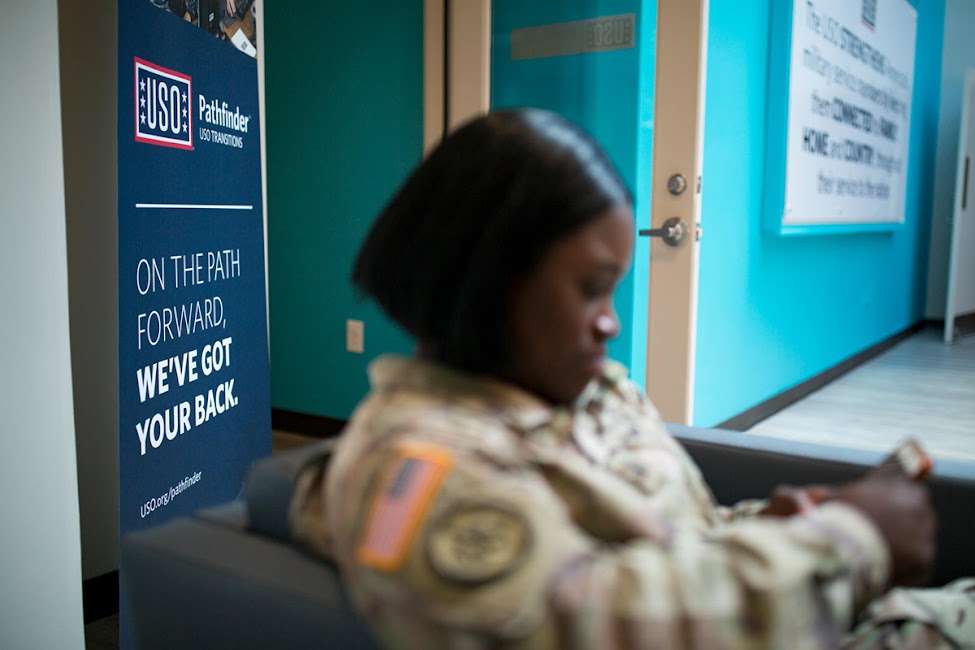Our Chicago. Our Opportunity to Build a Brighter Future for Everyone

Will You Help? Every person who lives here deserves a chance to reach for their dreams, but many people in our region experience more than their fair share of challenges. Every day, the local news is full of stories of gun violence, struggling schools, and a lack of good jobs. These challenges are real, and they disproportionately affect some communities more than others. But together, we can write a different story. When you donate to the McCormick Foundation Communities Program, you help expand opportunities for every Chicagoan, regardless of ZIP code, race, or income. 100% of your donation goes directly to local nonprofits that are working to make a difference in their own communities — from Little Village to Englewood, and beyond. Over the last year, thanks to your contributions, the Communities Program has continued to expand its support in communities where there is both great need, and great potential. We’re working together with local organizations, community leaders, an...









